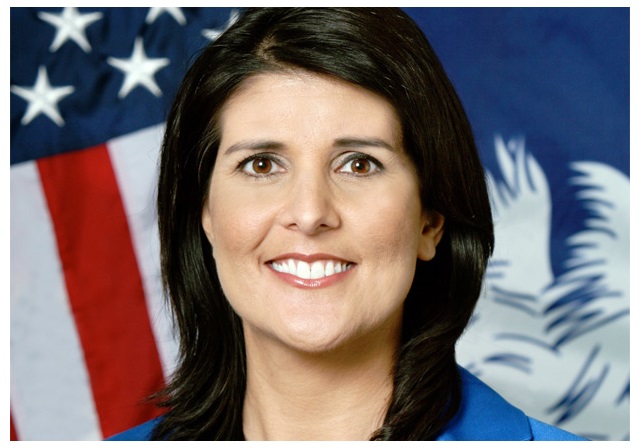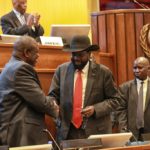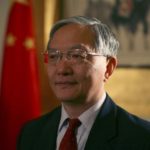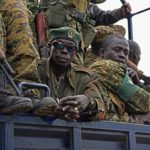The United Nations Security Council which will be chaired this month by the United States for the first time since the election of President Donald Trump will discuss the deployment of the regional force in South Sudan.
The 15-member Council will discuss a report on the deployment of the long-time awaited Regional Protection Force (RPF), and expected to endorse a decision on its imminent arrival in the troubled country.
The American Administration under the new President Donald Trump has not yet appointed a new special envoy for the Sudan, but the State Department continues to implement the same policy defined by the former envoy Donald Booth.
As the new US Ambassador Nikki Haley will chair the Security Council in April, the new administration will have the occasion to indicate any change in its policy towards the two Sudans.
During a visit to Juba last March, the former head of the UN peacekeeping department Hervé Ladsous explained the reasons behind the delay in the deployment of the RPF and announced it would be deployed within weeks.
“I think I can say that in the next few weeks you will see the first vanguard of the Regional Protection Force being deployed here in Juba,” he said.
The former US Ambassador Samantha Power failed in December 2016 to convince the UNSC members to endorse a draft resolution imposing targeted sanctions and an arms embargo on South Sudan.
It is not clear if the new American Ambassador Haley would reintroduce this draft resolution. Last March the US mission in the United Nations said that an arms embargo and targeted sanctions as tools available to the Council.
However, Egypt and Russia remain strongly opposed to such a move against South Sudan.







